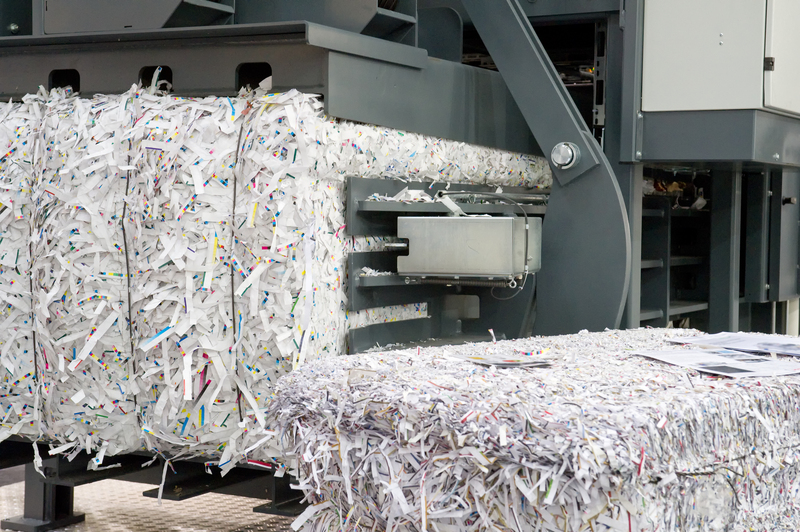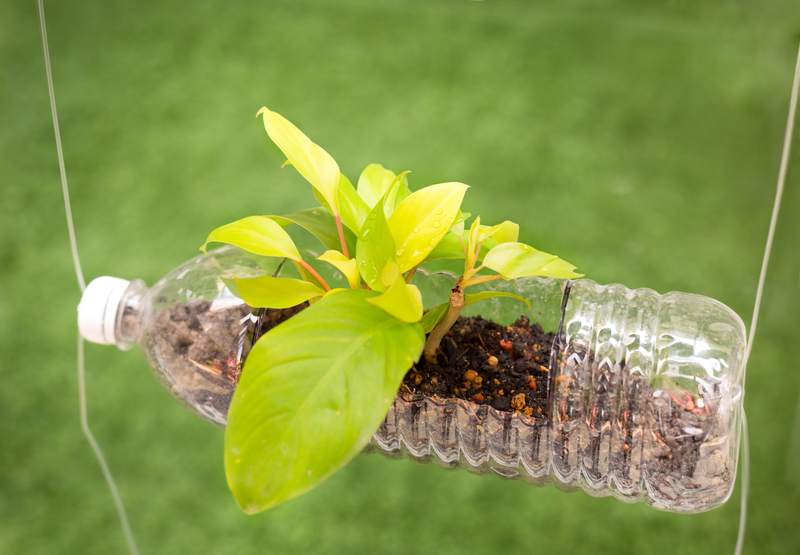Give Your Chargers a Second Life at These Locations
Every year, millions of phone and laptop chargers are discarded or left unused at the bottom of drawers. Many people mistakenly believe that these small electronic accessories cannot be recycled or repurposed. However, giving your old chargers a second life is not only possible, it's also very beneficial for the environment. In this article, you will discover where you can recycle or donate old chargers, why responsible disposal matters, and how to make the greatest impact through your local and online options.
Why Should You Recycle or Reuse Old Chargers?
Chargers, adapters, and other electronic cables are considered e-waste when discarded improperly. E-waste contains materials like copper, aluminum, plastic, and sometimes hazardous substances, which, if not properly managed, can pollute the environment and harm human health. By finding locations and programs where you can give chargers a second chance, you help conserve valuable materials, reduce landfill waste, and even support those in need of affordable electronics.
Understanding the Second Life of Chargers
When thinking about how to repurpose old chargers, consider the various avenues available:
- Recycling: Specialized facilities extract materials from chargers for reuse in new products.
- Donating: Non-profits and charities can distribute working chargers to underprivileged communities.
- Repurposing: Some organizations refurbish old electronic accessories for educational or social programs.
Each method ensures that your unneeded chargers help reduce environmental impact and support a circular economy.

Where to Give Your Chargers a Second Life: Top Locations
1. Electronics Retailers: Convenient Recycling Points
Most major electronics retailers now offer drop-off bins for small electronic accessories, including chargers and cables. Here's how these programs work:
- Best Buy: Accepts most chargers, cords, and cables in their recycling kiosks located at store entrances.
- Staples: Offers free recycling for all brands of chargers, even if you didn't purchase them at their store.
- Target: Some locations provide in-store electronics recycling bins for small devices and accessories.
Tip: Check with your local store for specific details and accepted items, as policies may change over time.
2. Municipal E-Waste Collection Events and Recycling Centers
Many cities and towns organize periodic events where residents can bring their e-waste, including old chargers, for responsible recycling. In addition, permanent e-waste recycling centers accept electronic accessories and cables throughout the year.
- Local Waste Management: Visit your city or county's website to find scheduled electronics recycling events.
- Permanent Drop-off Sites: Search for authorized e-waste recycling centers near you.
Giving your chargers a new life at municipal locations ensures compliance with environmental regulations and maximizes recycling rates.
3. Charities and Non-Profit Organizations
Some charitable organizations accept working chargers to provide to people in need or refurbish for educational programs. You can donate your chargers to:
- Local shelters or community centers supporting low-income individuals or students.
- National programs like Cell Phones for Soldiers or Hope Phones which refurbish electronics for humanitarian causes.
- Donation bins at libraries, schools, or churches.
Remember: Only donate chargers in good condition and clearly label their intended device type (USB-C, Micro-USB, Lightning, etc.).
4. Electronic Manufacturers' Take-Back Programs
Major electronics producers run take-back programs where customers can send back accessories for recycling:
- Apple: The Apple Recycling Program accepts chargers, adapters, and cables either in-store or via mail.
- Dell: Offers mail-in recycling for any brand of computer accessories, including power adapters and chargers.
- Sony, Samsung, HP, Lenovo: Check their official sites for details on mail-back or store drop-off options.
Manufacturer take-back assures that components are recycled or reused according to best environmental practices.
5. Online Reuse and Trade Platforms
If your charger is still functional, consider listing it on online marketplaces or free reuse networks, such as:
- Freecycle: Post your working charger for someone nearby to pick up for free.
- Craigslist: Use the "free" or "for sale" section (for a nominal price).
- Facebook Marketplace: Share with local communities or groups focused on electronics exchanges.
Online donation ensures your charger gets a meaningful second life with someone who truly needs it.
6. Tech Recycling Mail-in Services
Some companies let you mail in old chargers and cables for responsible recycling. Examples include:
- Call2Recycle: Mail-in kiosks and partnerships for small e-waste, available in many regions.
- TerraCycle: Offers specialized boxes for hard-to-recycle items, including cables and chargers.
- Recycling For Charities: Accepts old cell phones and small accessories by mail, supporting non-profit causes.
Mail-back programs are especially useful if you lack local recycling options or have a large number of items.
The Environmental Impact of Charger Waste
When you discard chargers in the trash, they end up in landfills--where metals, plastics, and wiring do not biodegrade. Here's what happens if you don't give your chargers a second chance:
- Resource Depletion: Copper and other metals in chargers are finite and energy-intensive to mine.
- Plastic Pollution: Chargers contain plastics that can leach chemicals into the earth and water.
- Risk to Wildlife: Wildlife can be injured by cables and plastic debris.
- Toxic Exposure: Improperly handled e-waste releases hazardous substances.
By choosing to recycle chargers or donate unused adapters, you directly reduce these negative impacts and conserve raw materials for future generations.
Frequently Asked Questions About Charger Recycling and Reuse
Can all types of chargers be recycled?
Yes, most electrical chargers--including those for phones, tablets, laptops, cameras, and games--can be recycled. Always check with the specific location to see which types are accepted.
Should I clean or prepare chargers before donation or recycling?
Absolutely! Wipe down your charger and coil cables neatly. Remove batteries if possible and label the type of connector. If the cord is frayed or damaged, inform the recipient or opt for a recycling location that can handle hazardous e-waste.
Can I recycle third-party or generic chargers?
Yes, third-party chargers and cables are usually accepted by most retailer, manufacturer, and municipal programs.
Is donating better than recycling?
If your charger works and is safe, donation is an environmentally friendly option that extends its useful lifespan. If the charger is faulty or damaged, recycling is the safest and greenest choice.
Creative Ideas to Repurpose Old Chargers at Home
Not ready to part with your old chargers? Consider these at-home projects before you toss or recycle:
- Create custom USB charging stations by combining old adapters into a single extension box.
- Donate to schools or STEM programs where parts can be used for electronics teaching kits.
- Reuse wire or casing for DIY art, jewelry, or cable organizers.
- Keep a spare charger in your car, office, or travel bag for emergencies.
These creative reuse options allow your charger to continue serving a purpose, even outside its original function!

Tips for Managing Chargers and E-Waste Responsibly
- Buy only what you need: Avoid hoarding by purchasing fewer adapters and cables.
- Label chargers: Mark cables with the device name and date to track usage and avoid mix-ups.
- Dispose annually: Review drawers and tech bins at least once a year to recycle outdated accessories.
- Encourage friends and family: Share information about second-life charger locations to multiply your impact.
Responsible e-waste management starts with good habits!
Summary: Giving Your Chargers a Second Life Is Easy and Impactful
Don't let old chargers collect dust or crowd landfills. With numerous easy-to-access options--ranging from major retailers and municipal programs to mail-back recycling services and online donation networks--it's never been simpler to give your chargers a second life. Whether you choose to recycle, donate, or creatively repurpose your unwanted adapters, every action counts toward a healthier planet and a more sustainable future. Explore these options today and make your unused chargers part of the solution!
Key Resources and Links
- Call2Recycle
- Apple Trade-In & Recycling
- Staples Tech Recycling
- TerraCycle Electronic Recycling
- Freecycle Network
Ready to give your chargers a second life? Check your local retailers, recycling centers, or online programs listed above to get started today!
```